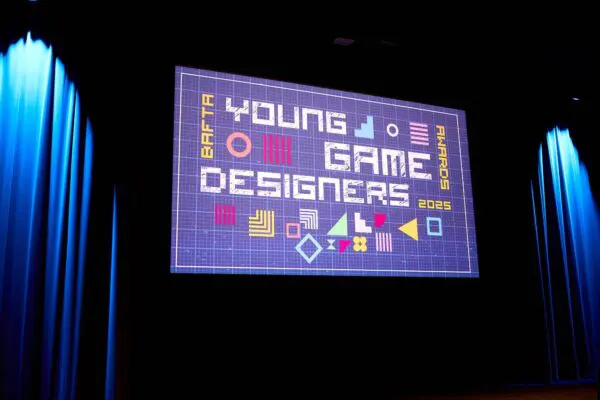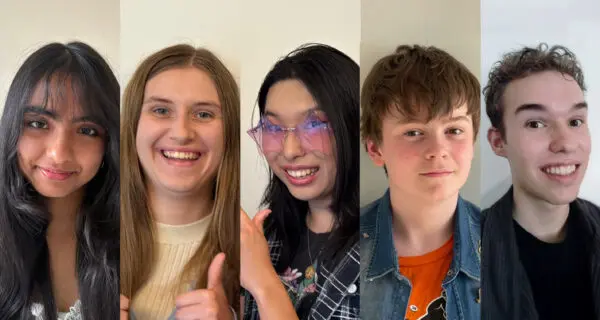The creative industries can be a great place for fostering a sense of belonging and community. Many working in the space talk about finding their place and feeling like they can be themselves when surrounded by, and collaborating with, fellow creatives.
For this year’s Children’s Mental Health Week, which has the theme ‘This is My Place’, two of our BAFTA Young Presenters sat down with stars of stage and screen to discuss the idea of belonging.
Since 2016, we’ve had a close partnership with children’s mental health charity Place2Be. A partnership that continues as we support them in promoting self-reflection as a means to build resilience, grow and develop as part of Children’s Mental Health Week 2026.
In a series of videos hosted by last year’s Young Presenter winners Elizabeth Okogwu and Afraz Hussain, we find out how Jacob Anderson, Henry Rowley, Joe Tasker and Arti Shaw have found their place working in the screen industries…









